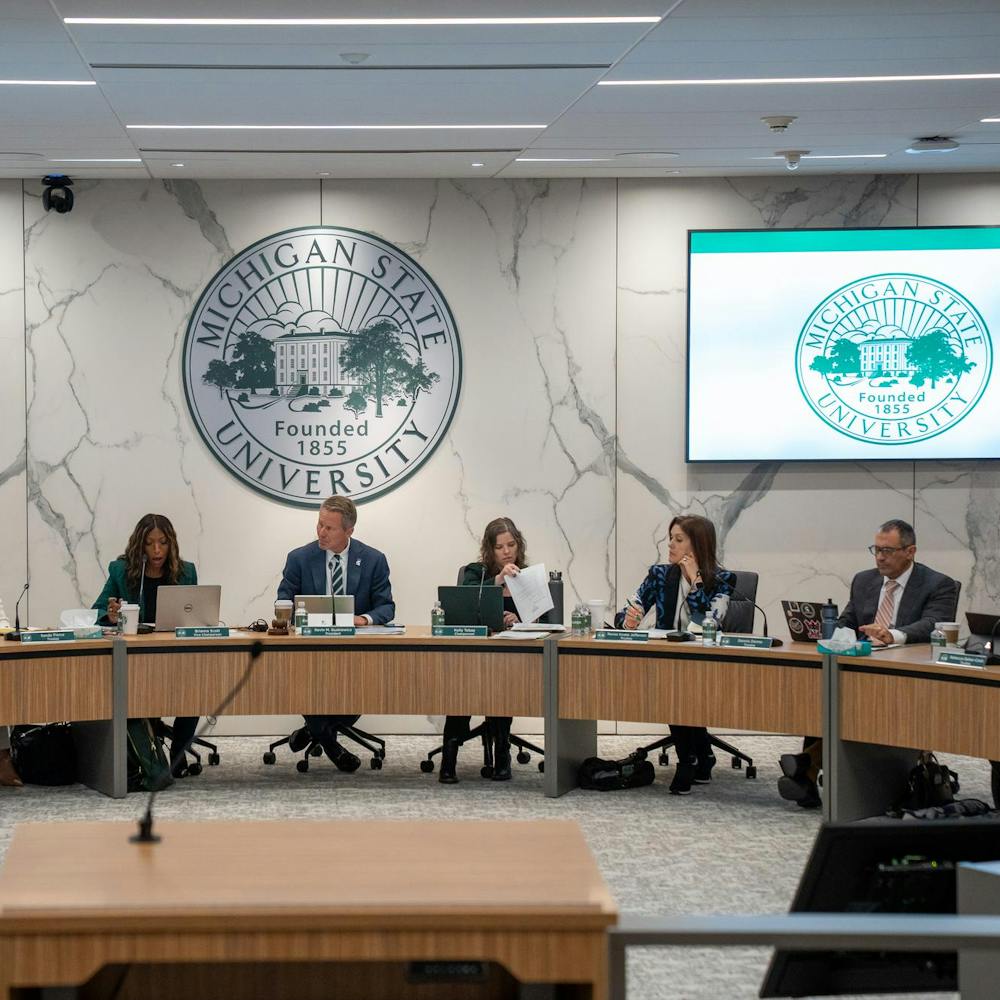Michigan’s public universities deserve a round of applause.
According to a 2010 poll, Michigan ranked fifth in the nation for the total number of degrees and certificates awarded, and fourth for the total number of degrees and certificates in critical skill areas such as medicine, engineering and math.
This is no small feat for a state where students pay higher in-state tuition rates than their peers, and whose universities ranked 37th in funding received from the state.
During a period when economic woes are being felt on a nationwide scale, Michigan’s public universities are producing talented graduates, hungry and motivated to join the workforce. There’s only one problem: many of these students are choosing to leave the state after graduation because of Michigan’s severely mismatched job market. And Gov. Rick Snyder apparently has had enough.
During the past two days, figuring out a solution to the state’s blanket job market dilemma was one of the key points raised by the governor at Snyder’s economic summit, in Detroit.
The fact Snyder is pushing for more conversations to be had on this issue is, at the least, a positive sign for the state’s dwindling job market.
Michigan has one of the most severely mismatched job markets, which hosts one sector of individuals complacent about not being able to find work, and another of confused employers watching thousands of job postings go unfilled.
Snyder has blamed the mismatched workforce on a disconnect that exists between employers, educators, government leaders and economists in the state.
But even this doesn’t seem to make sense of the larger problem going on in Michigan.
Each year, Michigan’s public universities produce some of the highest numbers of graduates with degrees in critical skill positions, and each year the state watches them pack their bags for greener pastures somewhere else in the country.
Many of these graduates choose to leave for major cities, such as Chicago, where an abundance of opportunities seem to naturally exist away from the state.
Many young professionals also believe these places offer higher wages, and more benefits, for their work.
But this misconception isn’t entirely true, and it demonstrates some of the larger questions the governor will have to address in the future.
Michigan, like many states across the nation, is watching its economy migrate away from service-based careers and become tailored more toward knowledge-based professions.
This slide is particularly worrisome for Michigan, which long has been dependent on manufacturing and agriculture careers.
Although Snyder’s economic summit is an optimistic step toward bettering Michigan’s dismal economy, and lessening some of these concerns, it is hard to determine whether any immediate improvements will result.
By 2018, Michigan will need to fill 1.3 million jobs, with 836,000 of these positions requiring some form of postsecondary education or training, according to Business Leaders for Michigan. If Snyder is serious about patching the holes in Michigan’s economy, his top priority has to be figuring out a way to retain Michigan’s youth.
Instead of allowing these conversations to stop after the summit, it now is Snyder’s responsibility to take what the employers, educators, government leaders and economists in the state have told him, and make changes that will last in the future.
Support student media!
Please consider donating to The State News and help fund the future of journalism.
Discussion
Share and discuss “Retaining graduates key priority for state” on social media.






